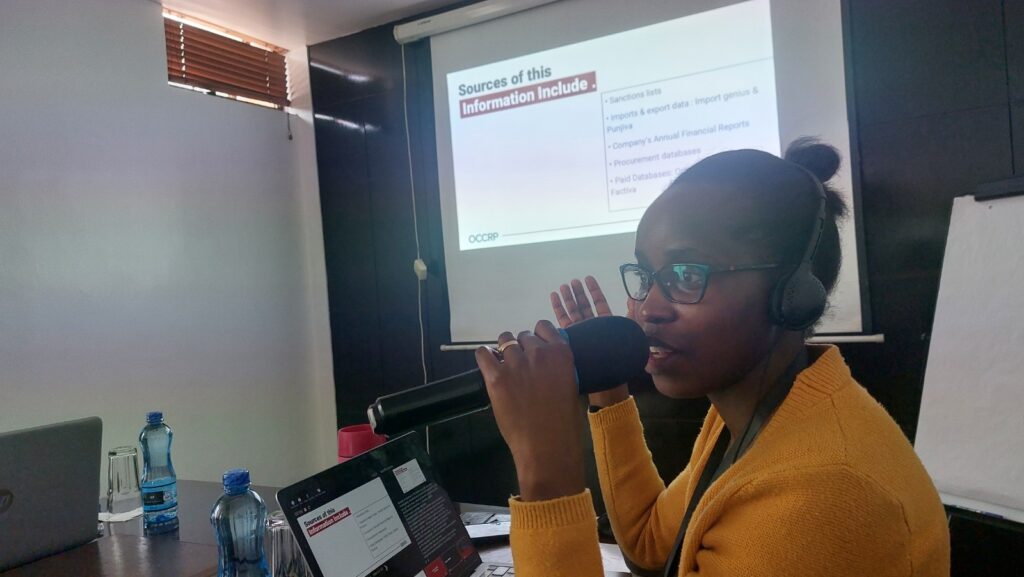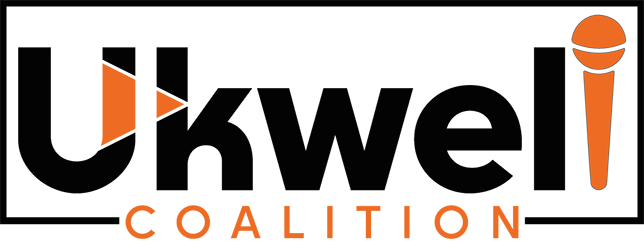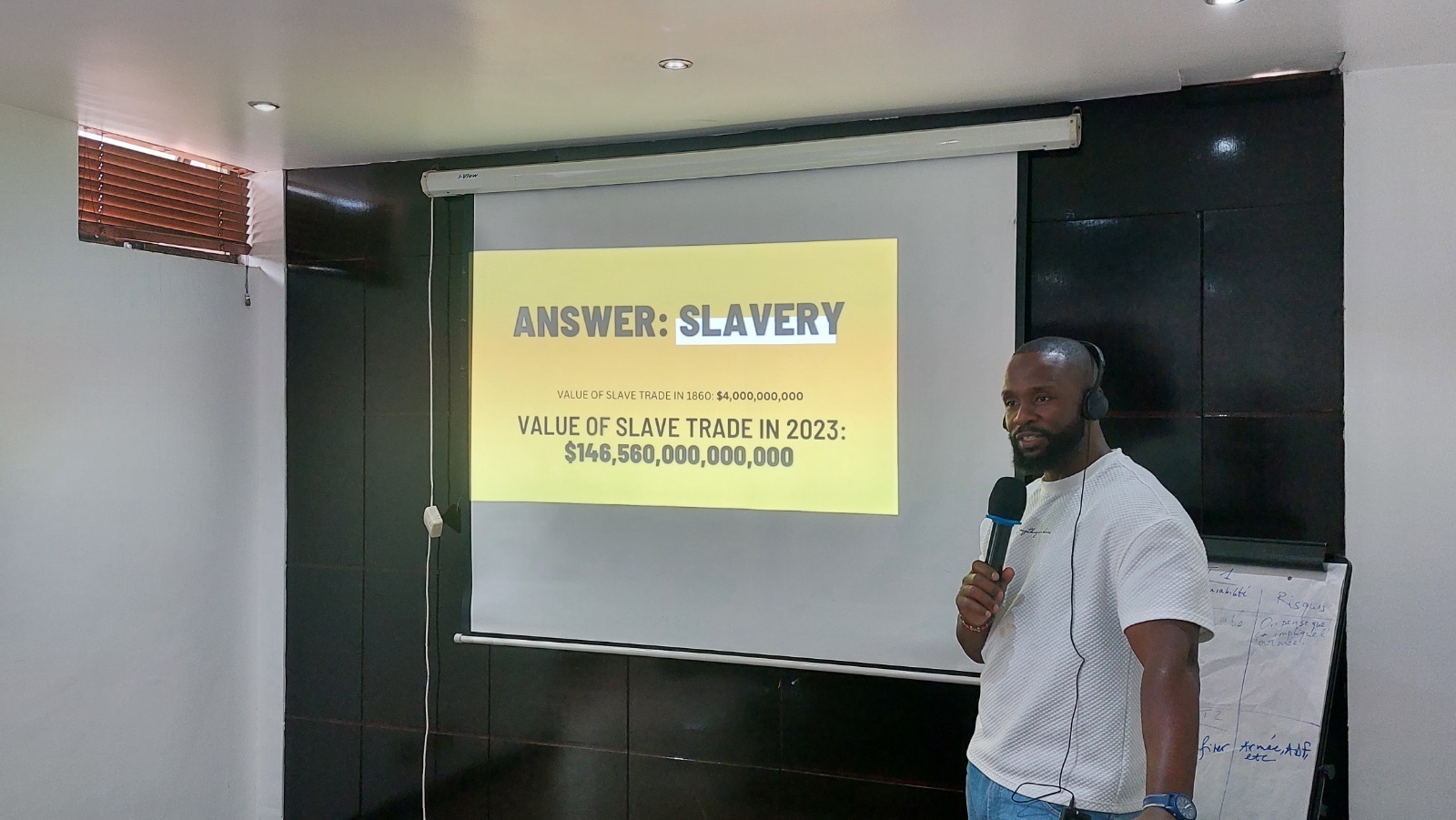Data journalism is not just about processing huge volumes of data. Waking up every morning, walking around the city, reading and recording the names of the contractors of all these big constructions that are springing up every day in your cities, that is data journalism. Combined with other tools, the process can sometimes lead you to interesting revelations that no one would have imagined. You don’t need to be a statistician to do data journalism”: This was perhaps one of the great lessons of the workshop held in Nairobi last August by Ukweli Coalition Media Hub with Africa Uncensored on the tools and practices of in-depth journalism. Words shared by Purity Mukami, a Kenyan journalist specializing in data, now working for the Organized Crimes and Corruption Reporting Project (OCCRP).
Ten journalists participated in the workshop — centered on journalism that digs, sometimes reveals (like OSINT, and data of course), to cover subjects capable of impacting society — all coming from the African Great Lakes, one of the regions ravaged by endless political-armed conflicts, often (if not always) linked to precarious socio-economic conditions.
An enriching week in the company of trainers with profiles as different as they were complementary: John Allan Namu at the head of Africa Uncensored (Kenyan media specializing in investigation), Maxime Domegni (French-speaking Africa editor of the global network for investigative journalism), Purity Mukami of OCCRP and Armel Gilbert Bukeyeneza, journalist-author at the head of Ukweli Coalition Media Hub (media centre that promotes in-depth journalism in the Great Lakes region of Africa).
“The workshop rekindled our passion for investigation,” rejoiced one of the participants. Another added: “I personally liked the brotherhood of journalists in Nairobi, the social nature of the trainers. I have added a lot of contacts to my address book. This was my first time in Nairobi, thanks to this opportunity. I promise you that I will produce quality work to prove that to you what I have learned during these sessions. The training was beyond my expectations.”

This workshop allowed participants to leave more motivated, better equipped, and ready to take on the challenges of investigative journalism in the Great Lakes region of Africa, a region where the need for in-depth storytelling is increasingly felt.

